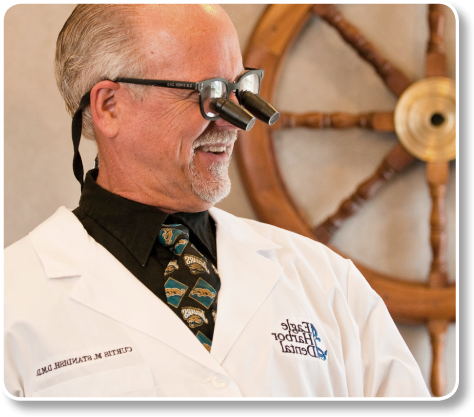Avoid Oral Piercing Complications with Proper Oral Hygiene

Piercing can go way back the ancient times. Most popular are the ear piercing and nose piercing. Body piercing, in general, is very popular in the sense that it is a form of self-expression. Piercing may cause harm rather than provide well for your health is tongue piercing or oral piercing. The mouth contains different types of bacteria and there are a million types of it. With mouth piercing, infection and swelling may occur. It may also occur that your mouth and tongue could swell so much. What’s worst is if part of the jewelry breaks off in your mouth, it can close off your airway or you could possibly choke.
Oral piercing or tongue piercing could also lead to more serious infections like hepatitis or endocarditis. In some cases, if you bite down too hard on the piercing which most people with piercing do, you could crack a tooth, and repeated clicking of the jewelry against teeth can also cause damage because your tongue is playful without you noticing it.
Truly, with the presence of jewelry on your mouth, you’d experience hard to eat, hard to swallow and the difference in your speech can be observed. This may also cause you to lose some weight since you’re eating habit became harder. Keep in mind that piercing may also cause: infection, pain and swelling, hypersensitivity to metals, nerve damage, excessive drooling, and dental appointment difficulties.
If at the moment you have pierced tongue, check out these helpful tips:
- In case you have noticed any sign of infection like swelling, pain, fever, chills, shaking or a red-streaked appearance around the site of the piercing contact your dentist or physician immediately. It will incur more harm on your total health if you neglect to do so.
- Take oral hygiene seriously. You may use a mouth rinse after every meal to keep the piercing site clean and free of any matter that may collect on the jewelry.
- Avoid playing with your mouth jewelry. This could be distracting especially when you are having a conversation with others.
- You must have clean hands when checking or touching the tightness of your jewelry. If the jewelry becomes dislodged, this can help prevent you from swallowing or choking.
- It’s best to remove the jewelry and protect your mouth with a mouth guard when taking part in any sports.
- Most important is see your dentist regularly. Continue to do proper oral hygiene by brushing twice a day and flossing.
For informational purposes only.










